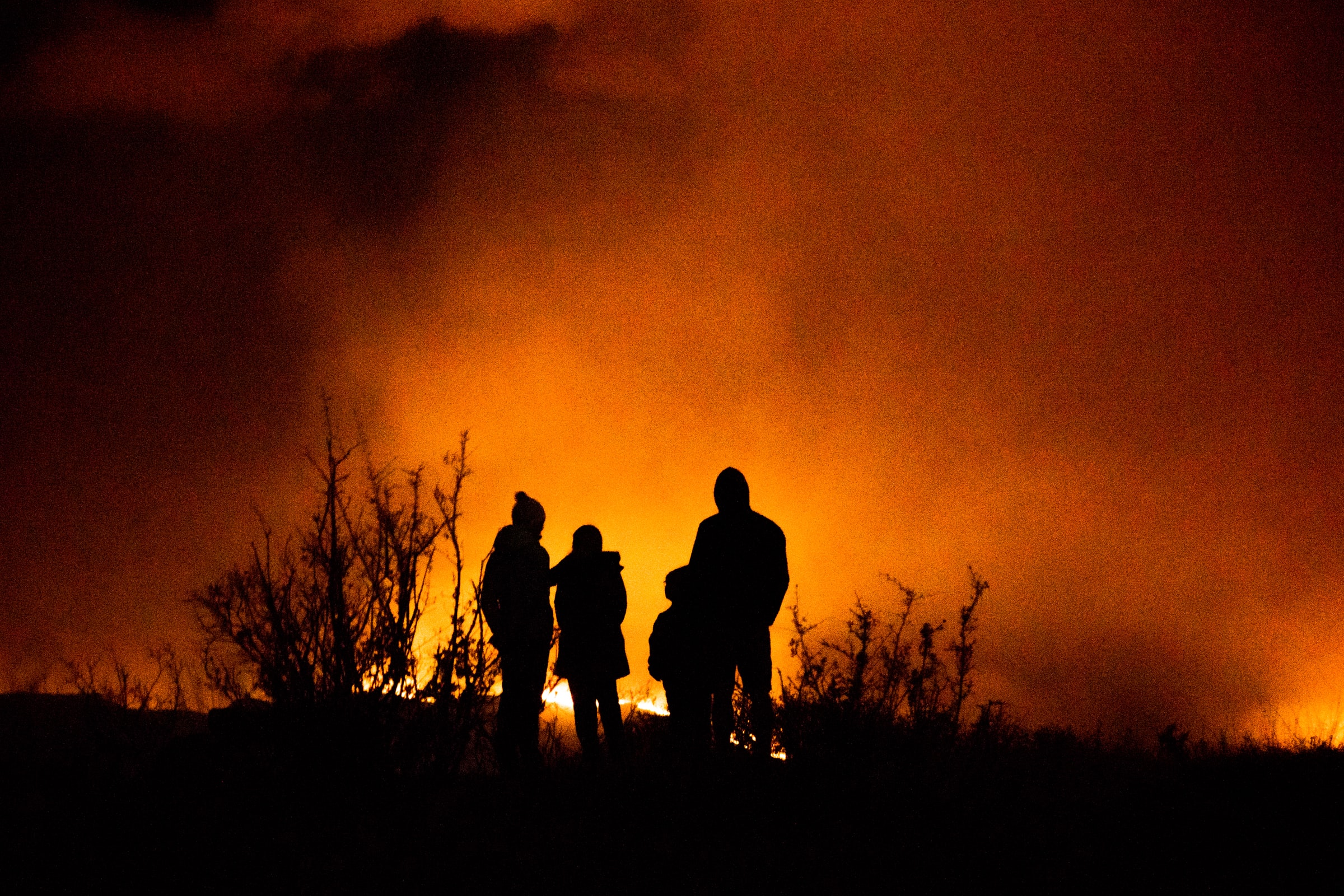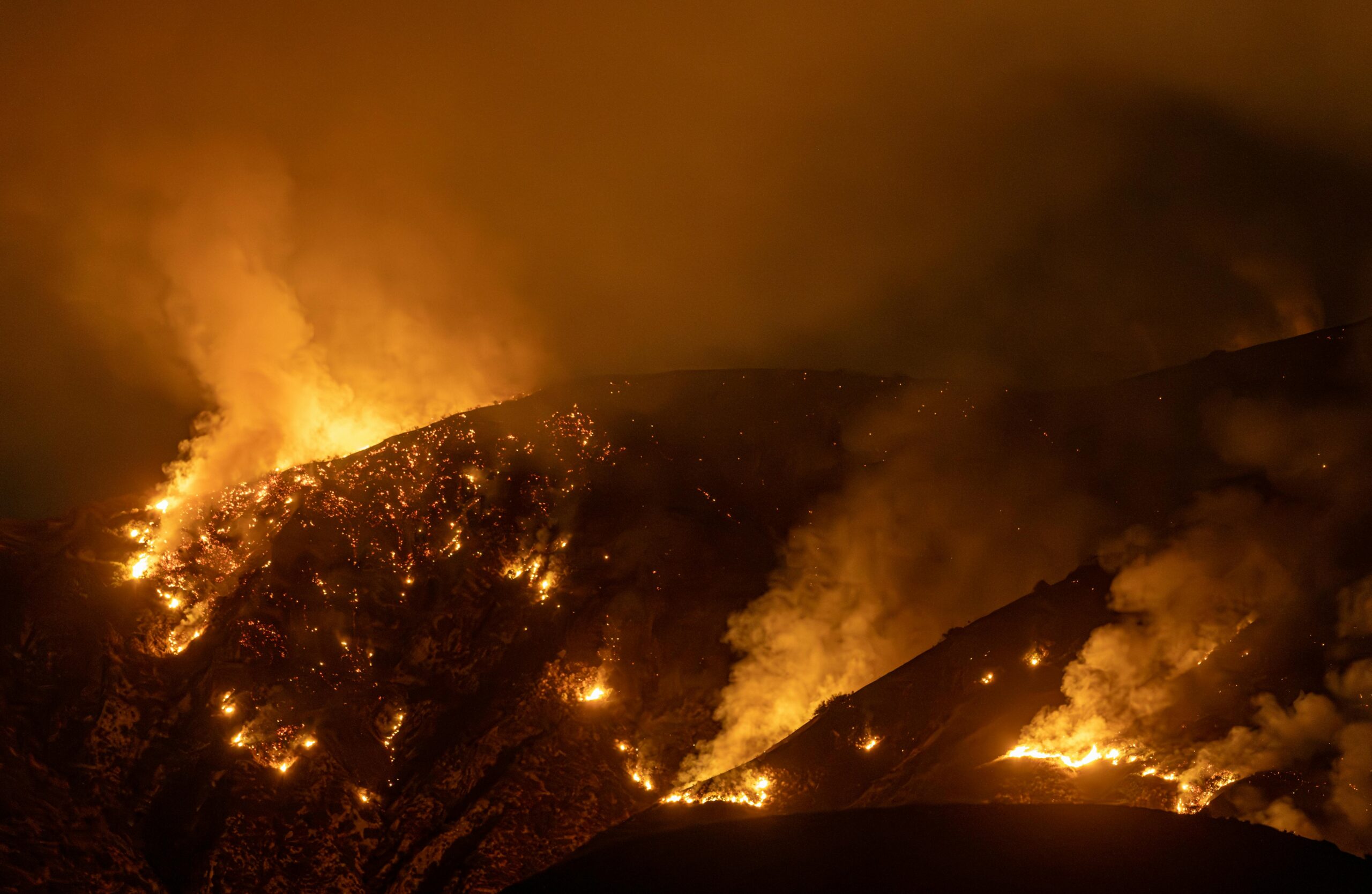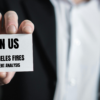Human Impact
Most people have likely heard that a majority of wildland fires are caused by humans, but what does that mean exactly? On its face, it might lead people to believe that arson, or intentionally starting a fire, is the leading cause of wildland fires. Let’s look at a breakdown of all the common causes of wildland fires and what that means for fire prevention.
First off, humans do cause more fires than those that occur naturally. Roughly 84% of wildland fires are started by humans, according to the National Parks Service. Natural causes start the rest. Lightning is the most natural cause of wildland fires. These tend to be larger but less damaging than human-caused fires. Human-caused fires are often more damaging because they usually occur near populated areas.
Arson
Arson statistics vary wildly. It varies by region, but nationally roughly 20% of human-caused fires are due to arson. New reporting programs are helping catch more arsonists in recent years, so there is hope that this fire cause could become less common.
Downed Power Lines
The issue of downed power lines causing wildfires has been front and center in the devastating fires in California in recent years. It is becoming a major issue for the public utilities to try to address. Poor maintenance, more extreme winds due to climate change, and a lack of modern technology such as buried lines or falling conductor protection systems can all cause powerlines to fall and become a fire hazard.
Poorly Maintained or Operated Vehicles
Vehicles cause many wildfires along mountain roads and highways. For example, hauling improperly secured trailers can drag chains that spark along the road. Vehicles pulling off the highway and into the vegetation along the emergency lane can also cause fires from overheated brakes or a faulty catalytic converter. Traffic collisions can cause fires that extend to nearby vegetation. There are numerous ways that vehicles start fires, and they are a major contributor to wildland fires every year.
Unattended Campfires
When Smokey Bear says, “Only YOU can prevent forest fires,” this is mainly what he is talking about. People burning fires during a burn ban, not quenching a fire after leaving it unattended, or not having a proper clearing for a fire can all start wildfires.
Debris and Mulch Pile Burns
Legal and illegal pile burns are common across the country. When done safely, there is usually no damage done, but these piles produce a lot of heat and embers. If not done properly, another of the causes are out of control burns that ignite nearby vegetation.
Smoking
Discarded lit cigarettes can stay lit for a long time in windy conditions, and can be blown pretty far from where it was originally discarded. If not careful, someone could walk away from a discarded cigarette and unknowingly start a wildfire. Cigarettes are easy to identify at a fire origin. The original owner can be liable to fines, citations, or even damages to property or life if found to be the cause of the ignition.




